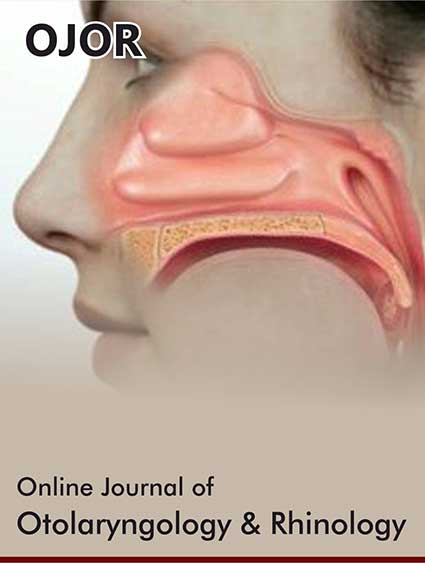 Mini Review
Mini Review
Hearing Health Programs for Schoolchildren
Adriana Bender Moreira de Lacerda1* and Lys Maria Allenstein Gondim2
1Department of Audiology, Montreal University, Canadá
2Department of Otorhinolaryngology, Vale do Itajaí University (UNIVALI), Brazil
Adriana Bender Moreira de Lacerda, Faculty of Medicine, University of Montreal, Canada.
Received Date: June 08, 2019; Published Date: June 21, 2019
Abstract
In the past decades, students’ health care has become a priority in many countries and, due to high rates of hearing disorders found in this group, epidemiological studies in the area suggest the need of implementation and development of programs which foster health promotion and prevention from hearing disorders among children and adolescents. Students’ hearing assessment is one of the population-oriented actions and early prevention-oriented interventions. Hearing assessment is a simple and fast procedure, applied to a great number of subjects, and aims at the early detection of those most likely to suffer from hearing loss, whether due to conductive or sensorineural pathology, and in need of a complete audiological diagnosis. However, it should be pointed that intervention among that group, in the scope of hearing health care, should not be restricted to hearing assessment only. Other aspects, such as guidance and information on hearing care, and the acoustic school environment, must be considered. In this context, the aim is to propose directions for a model of a hearing health program towards school children based on practical experiences, not only clinical but also academic experiences, comprising perspectives for the use of new health care technologies.
-
Adriana B M d L, Lys M A G. Hearing Health Programs for Schoolchildren. On J Otolaryngol & Rhinol. 1(4): 2019. OJOR.MS.ID.000519.





